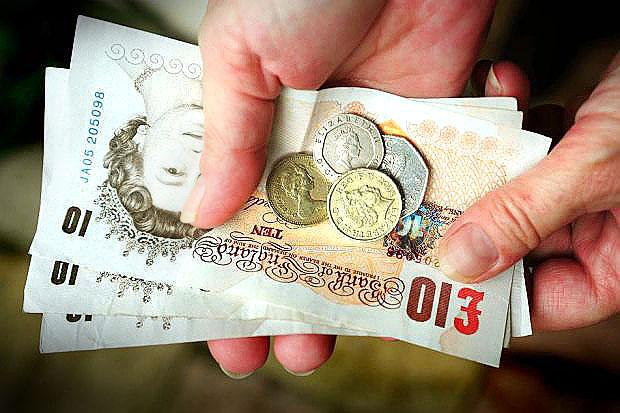The new flat rate state pension will make any new expat state pensioners better off for now, but will stay frozen and buy less as time goes by.
From April 6, 2016, any newly retiring state pensioners receive the flat rate payment of £155.65 a week, but not everyone will get the full amount due to rule changes and a complicated qualifying calculation process.
Here are some of the key points that those nearing retirement need to know:
- Expats will have their flat rate state pension frozen at £155.65 a week or the amount of the first payment if lower, if they live in a country without a reciprocal agreement with the UK
- The new pension will not pay out to everyone – only people retiring on or after April 6, 2016 qualify.
For the rest already receiving a state pension, nothing changes.
- To qualify for any new state pension, someone needs at least 10 qualifying years of work, while to get the full pay out, they will have to have 35 qualifying years.
For those with between 10 and 35 years, the amount paid is adjust accordingly.
- A qualifying year is a tax year in which someone is treated as having paid or has paid enough national insurance contributions to qualify towards the state pension
- To gain the current maximum state pension, someone approaching retirement needs 30 qualifying years.
- The interest rate for deferring the state pension has been slashed in half. Current rules give interest of 1% for every five weeks a pensioner puts off taking their pension, which adds up to 10.4% a year.
The new rate gives an annual return of 5.8% – which still beats rates offered by banks and building societies.
- Rules about inheriting the state pension from a spouse of civil partner also change.
Spouses or civil partners can still take on part of their partner’s pension when they die, providing the marriage or civil partnership started before April 6, 2016 and the deceased partner reached state pension age or died before April 6, 2016.
The new state pension is subject to Prime Minister David Cameron’s triple lock promise – so indexation will increase the payment by the higher of the rate of inflation, how much wages have increased or 2.5%.
The assessment date is the rates for September each year.
